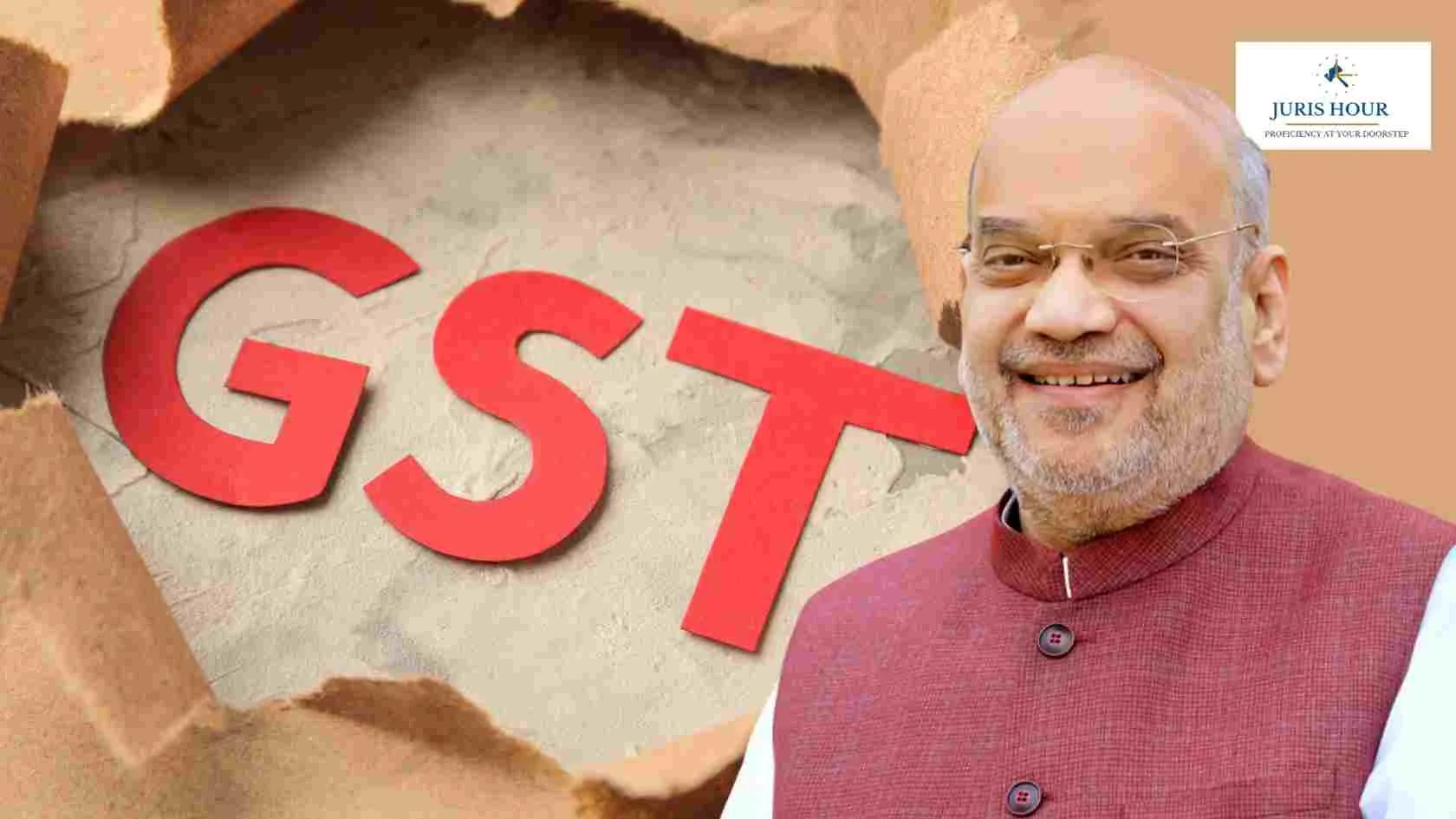Union Home Minister Amit Shah is set to spearhead critical discussions with states and central ministries to build consensus on long-pending reforms, particularly the contentious issue of GST rate rationalisation.
The central focus of these talks will be the proposal to scrap the 12% tax slab—a move aimed at simplifying the complex GST structure, but one that could trigger an estimated annual revenue loss of ₹70,000–₹80,000 crore for the Centre and states combined.
A Political Push to Break the Deadlock
This is not Shah’s first intervention in economic decision-making. Known for his political clout, he has previously played key roles in resolving sensitive matters such as price regulation and disinvestment. His involvement now indicates the political significance and urgency of the reforms.
“There are politically sensitive decisions coming up, and state buy-in is essential,” a senior government official told The Indian Express. “Bringing the Home Minister into the loop helps in reaching broader consensus beyond the Finance Ministry.”
Shah has already held preliminary meetings with officials from the Ministry of Finance to set the stage for state-level consultations. The strategy reflects the Centre’s intent to navigate the political complexities involved in restructuring GST slabs.
The Core Reform: Scrapping the 12% Slab
One of the most debated proposals on the table is the removal of the 12% GST slab. Items currently taxed at this rate—such as packaged food (condensed milk, fruit juices), household goods (furniture, sewing machines), and essential medical supplies (oxygen, bandages, diagnostic kits)—would be reallocated to either the 5% or 18% slabs.
However, the financial implications are steep. Government data from 2023–24 indicates that the 12% slab accounts for about 5–6% of total GST revenues. Any restructuring would have to balance simplification goals with fiscal realities.
Past Efforts and Delays
Rate rationalisation has been under discussion since at least 2021. In its 45th meeting held in Lucknow, the GST Council had debated correcting inverted duty structures and enhancing revenue. Although certain reforms, such as rate hikes in textiles and footwear, took effect in January 2022, a broader overhaul has remained elusive.
In December 2024, the Council deferred a decision to lower GST on life and health insurance premiums from 18% to 5%, despite demands from both opposition and BJP-ruled states.
A ministerial panel had proposed maintaining the 12% slab alongside the existing 5%, 18%, and 28% categories. This recommendation was internally criticised for not aligning with the broader objective of simplification.
What Lies Ahead
Sources say the Group of Ministers (GoM) on rate rationalisation is expected to resume discussions on around 14 key items in the upcoming Council meeting. Shah’s participation is seen as crucial to unlocking consensus on reforms that have remained stalled for years.
A major GST overhaul cannot pass through a single Council meeting. It requires consensus from the majority of states, or a vote, making political alignment vital.
As the GST system completes eight years, the Centre is keen to introduce structural changes that not only improve efficiency but also reduce litigation over classification disputes.
With Amit Shah at the helm of these negotiations, the Centre is betting on political muscle to accomplish what technocratic deliberations have not—transforming India’s indirect tax regime into a simpler, more stable framework.
Read More: UK Govt Moves to Regulate Buy-Now, Pay-Later Sector to Protect Millions of Shoppers

